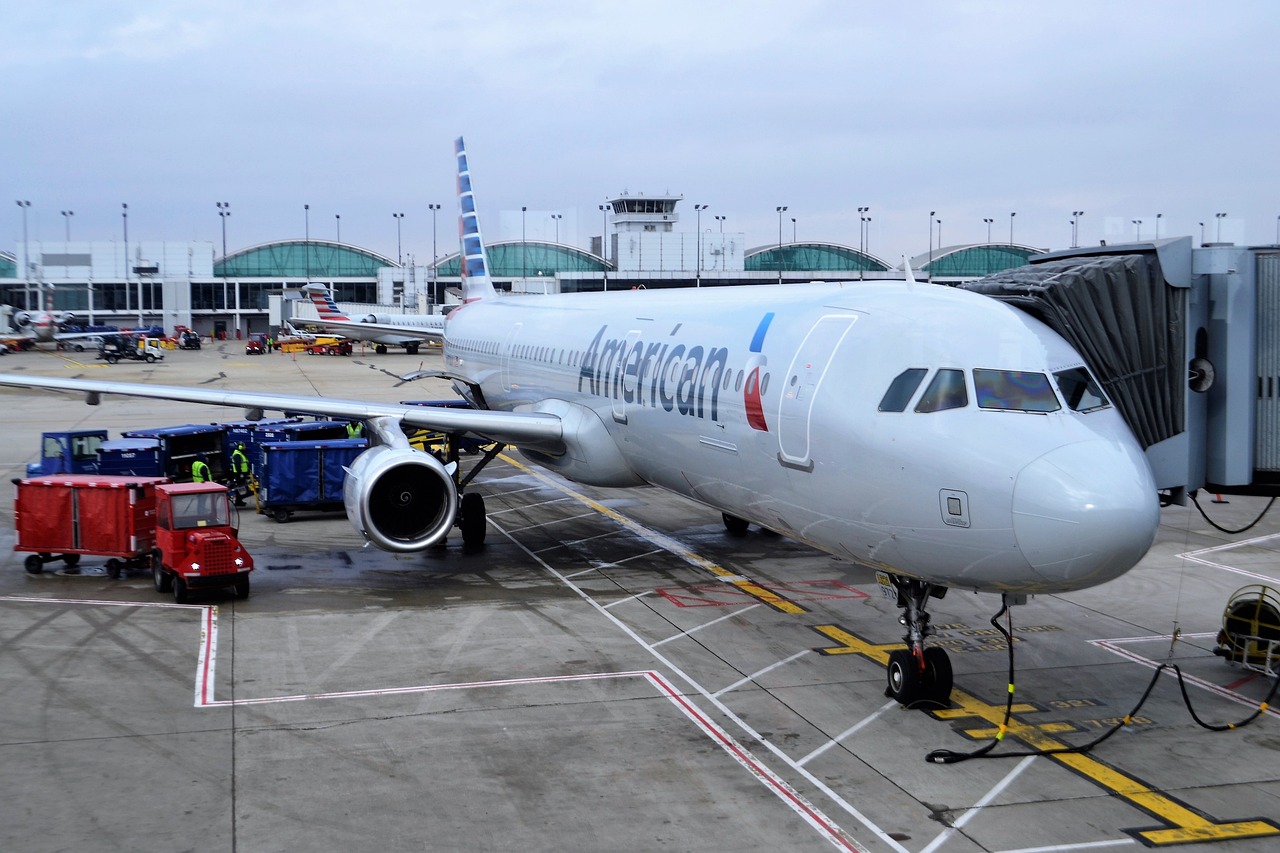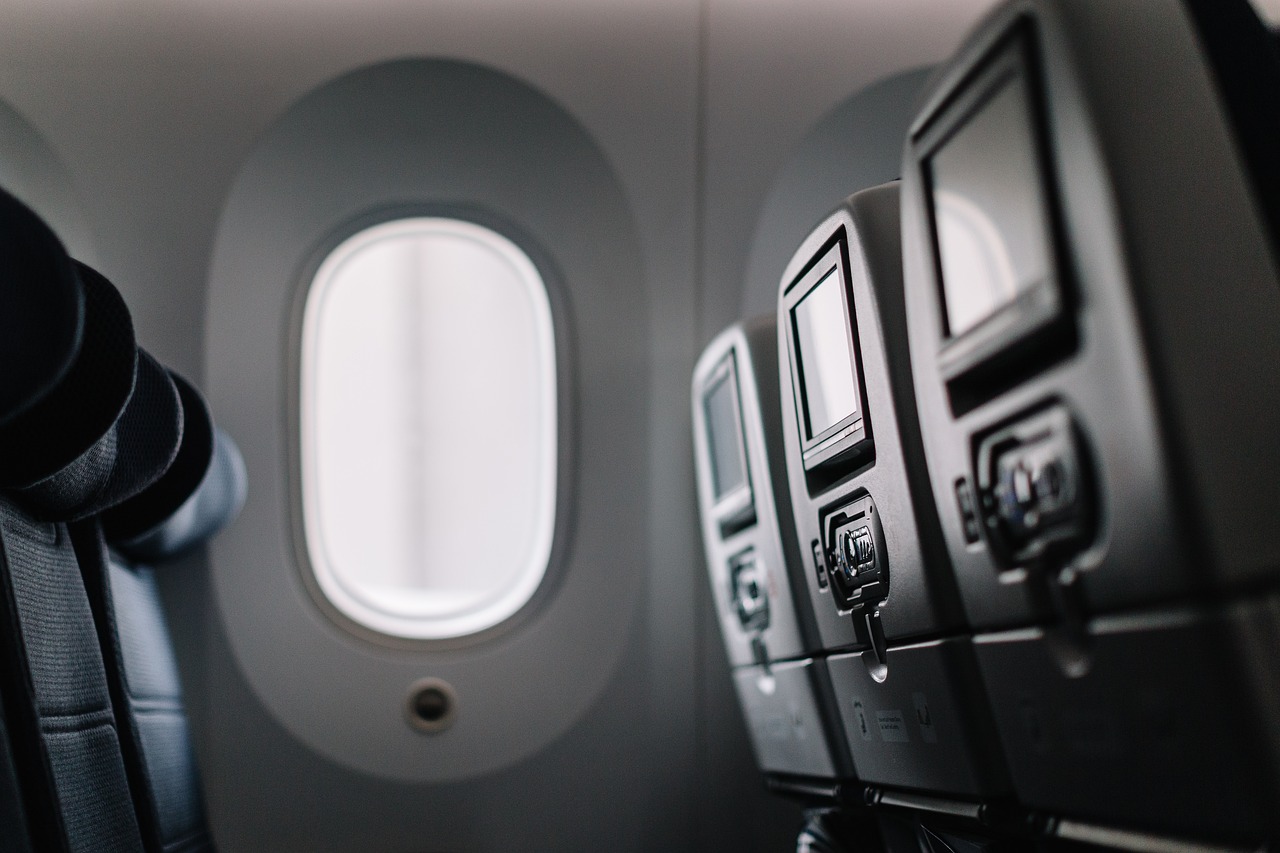Airbnb announced this week it’s banning the use of security cameras inside its rental homes, which will go into effect April 30, 2024. The company had previously allowed security cameras in common areas like living rooms, kitchens and hallways, as long as it was disclosed in the listing, but cameras were not allowed in spaces like bedrooms or bathrooms.
Jungho Suh is a teaching assistant professor of management at the George Washington University School of Business. His areas of expertise include service management, diversity, equity, and inclusion (DE&I), entrepreneurship, human resource issues in the service industry, sustainability & ESG reporting in the travel industry, digital platforms in tourism & hospitality, and gastronomy tourism. Suh has published research on a number of topics related to Airbnb’s, including on the role of customer engagement in Airbnb user experience, a cross-cultural study on the social and economic benefits of Airbnb, and Airbnb service quality. Suh can discuss this news in the sense of a community issue beyond one of digital platform trust.
“Airbnb's new policy to ban indoor security cameras is a pivotal move in addressing the long-debated conundrum of host-guest dynamics from a hospitality management standpoint,” Suh says. “This policy reinforces Airbnb's commitment to creating a trusted community where both hosts and guests can truly feel they belong, underlining the platform's core mission to foster genuine connections and authentic travel experiences. By prioritizing safety and respect, Airbnb strengthens its brand identity as a digital platform that enhances the sense of community and belonging in travel.”
If you would like to speak with Professor Suh, please contact GW Senior Media Relations Specialist Cate Douglass at cdouglass gwu [dot] edu (cdouglass[at]gwu[dot]edu).
gwu [dot] edu (cdouglass[at]gwu[dot]edu).
-GW-






